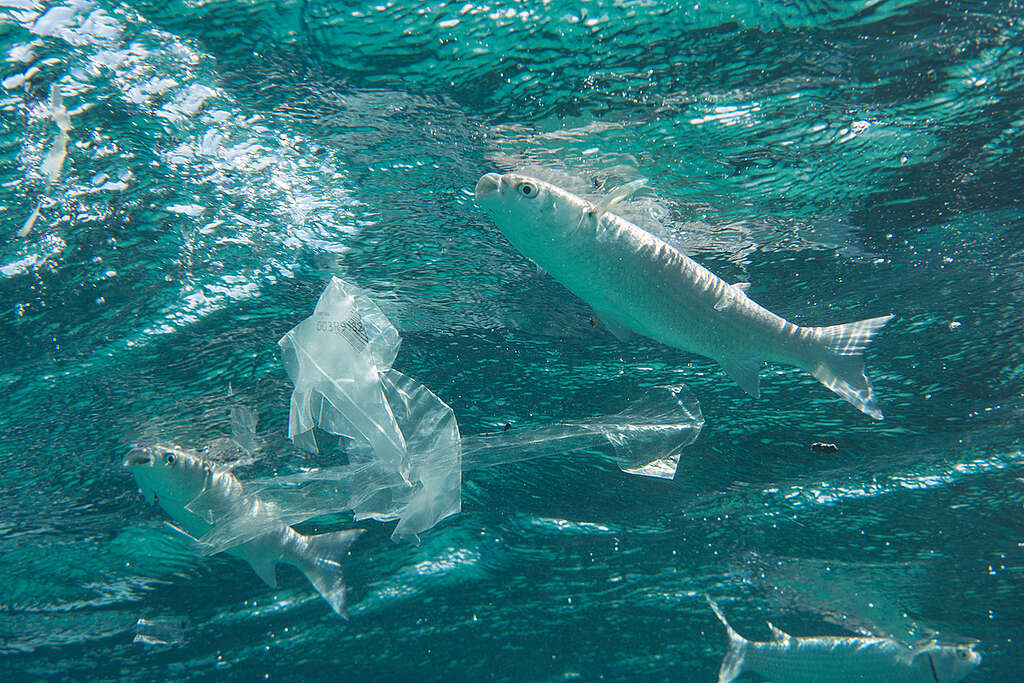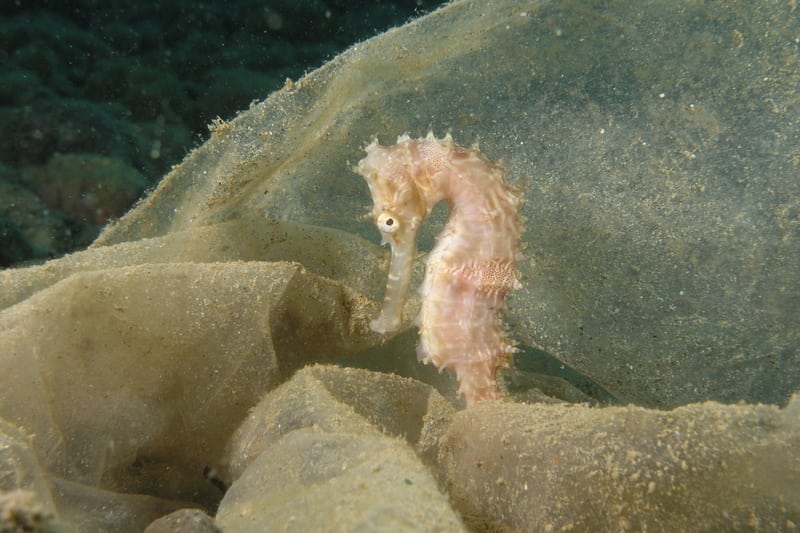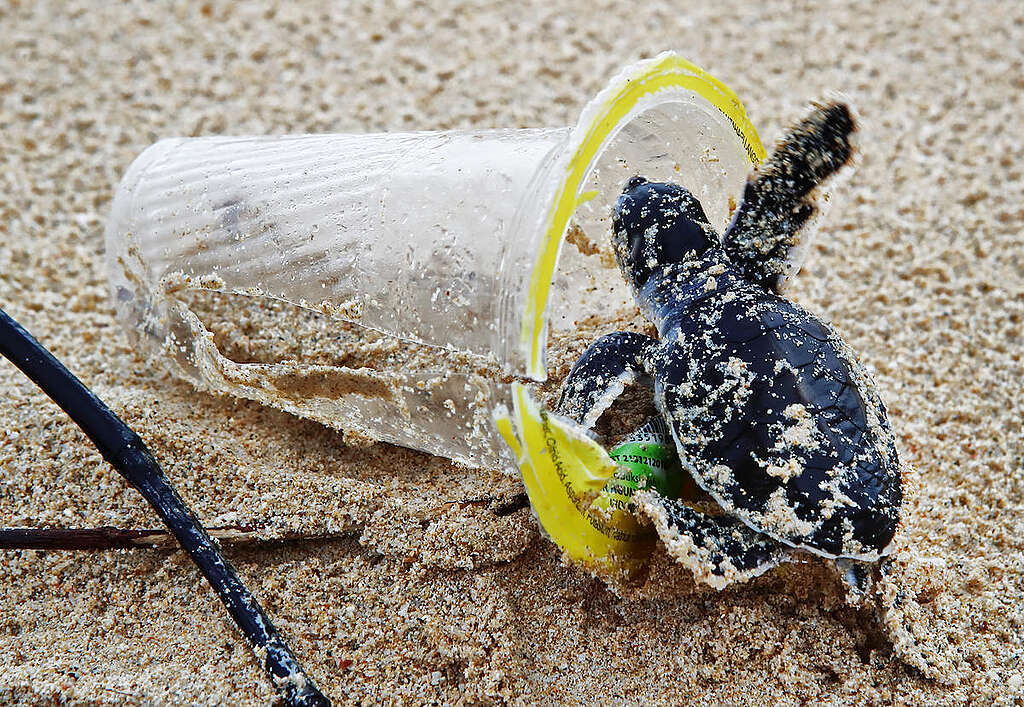“Industrial pollution and the discarding of plastic waste must be tackled for the sake of all life in the ocean.”
David Attenborough

Let’s talk trash!
Single-use plastic bags are very easy to hate. They are huge problem for Australia’s oceans and waterways where they wind up harming marine life. Residue microplastics make their way into our food chain, contaminating the food we eat. They require fossils fuels in their production and once created do not decompose naturally, sticking around for hundreds of years. Yikes.
Not so long ago there was no such concept of a single-use petroleum-based product to transport purchases from the shop to the home. The bag as we know it rose to prominence during the 1960s alongside the growth of supermarkets. Yet despite their relatively short history, we seem to have have become totally reliant on plastic bags in our everyday lives.
In light of the ban, many of you have asked us what to use instead to line your rubbish bins. The answer is certainly not a plastic bin liner!
Alarmingly, a 2012 review of South Australia’s bag ban found that consumer bin liner purchasers grew from 15% to 80% post phase-out. We have come a long way in recent years – with most states banning the single use plastic bag and major retailers are on board too. But crucially, banning the bag will not have the desired pollution busting planet saving effects if we all switch to plastic liners.

What to use instead of plastic bin liners?
1. Go Zero Waste
Ideally the solution would be not to buy anything that can’t be recycled. That way food waste can be composted and soft plastics, glass, and paper recycled.
But the responsibility shouldn’t just be on the consumer. That’s why we campaign for government legislation to restrict excessive plastic packaging and call on retailers and manufactures to make changes too! (We can’t let Woolies and Coles hold us back, sign our petition to call on them to reduce excessive plastic packaging on fresh produce)
Less waste means less trash to deal with. So even if you can’t cut out non-recyclables completely cutting back is a good idea. That might mean choosing veggies that aren’t wrapped in plastic, picking staples such as flour in paper bags or buying cheese from the deli counter to put in your own tupperware.
2. Go Liner-free
You can use no liners, and regularly wash the bin out. Easy! That way you simply empty your household bin into your wheelie bin outside for collection. This works particularly well if you compost your food waste, or wrap other wet waste in newspaper or plastic wrapping that can’t be recycled. Your bin will be less icky and will require less cleaning if filled with only dry waste.
3. Newspaper
Another option is newspaper. The obvious bonus is that if accidentally littered, newspaper does not wreak the same environmental havoc on our marine ecosystems that plastic does. To line a small bin you’ll need three or four old sheets and only a minute! Place the first sheet so it covers the base and part of the side, repeat with the other sheets until bin is fully covered, empty directly into your wheelie bin once full. Or check out our video here on how to fold your way to a liner.
4. Biodegradable alternatives
Otherwise you can buy biodegradable plastic bin liners. The biodegradable part does means your bag can be broken down by living things, but only in certain conditions, some types only degrade in commercial composting facility. Make sure you check the label!
The verdict
Unfortunately there’s no one-size-fits-all solution. Different options will suit different individuals and families, and this is ok! Bin-liners are certainly not an easy plastic item to replace, so be easy on yourself as you explore and test different options.
We hope this has helped you reduce your plastic footprint in a small way. If you’re in need of some impressive plastic-free inspiration.

Single-use plastic is harmful to human health, perpetuates social injustice, destroys our biodiversity and fuels the climate crisis. We demand that governments commit to a strong Global Plastics Treaty that will stop runaway plastic production and use and ultimately end the age of plastic.
Get Involved
